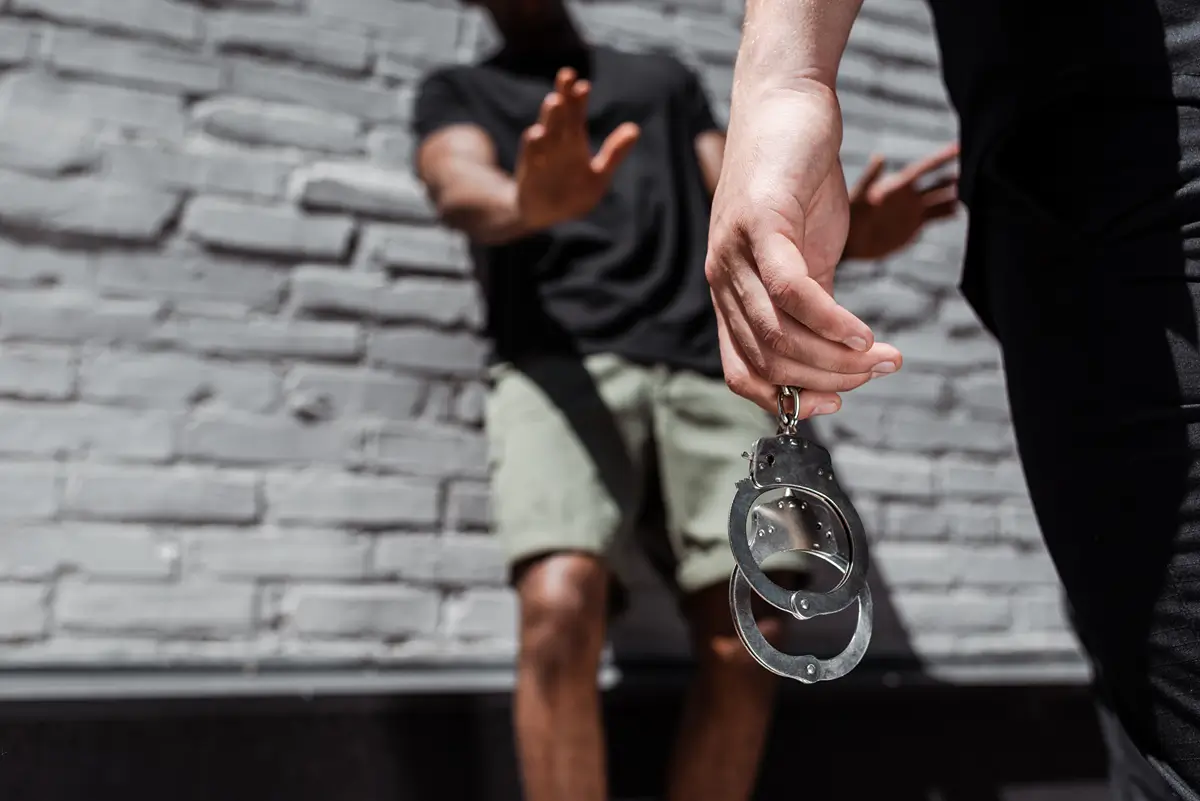If you are like 90% of Americans, you are carrying a cellphone or smartphone right now. It may contain everything from your calendar, to your browsing history, to financial information, to personal or intimate e-mails or text messages. If you’re arrested, the police will search you and no doubt find the cell phone you are no doubt carrying. In its decision last month in the case of Riley v. California, the U.S. Supreme Court held that when the police find your phone, they cannot search its contents without first obtaining a warrant. The Court unanimously held that such warrantless searches violated the “unreasonable search and seizure” provisions of the Fourth Amendment.
In previous decisions, primarily the 1973 case of U.S. v. Robinson, the Court held that police have a right to search suspects in custody, or do a “pat-down”, without a warrant to ensure safety and prevent the destruction of evidence. However, in Riley, which was decided on June 25th, the Court held that these rationales do not extend to cell phones.
Safety does not justify a search of the phone’s contents because “once an officer has secured a phone and eliminated any potential physical threats…, data on the phone can endanger no one,” wrote Chief Justice John Roberts on behalf of the Court. As to the possible destruction of evidence that may be on the phone, Roberts said that such a circumstance was remote, and the police could easily address concerns such as remote wiping by turning off a phone or removing its battery.
In the decision, the Court acknowledged the central role our phones have come to have in our lives, noting that they are “such a pervasive and insistent part of daily life that the proverbial visitor from Mars might conclude they were an important feature of human anatomy.” Roberts wrote that our phones contain “a digital record of nearly every aspect of [our] lives – from the mundane to the intimate.” “Together,” he added, they “can form a revealing montage of the user’s life.”
Roberts put the decision in the context of the historical origins of the Fourth Amendment, which was a reaction to British forces indiscriminately rummaging through homes, papers, and other items in search of information, Roberts concluded that “the fact that technology now allows an individual to hold such information in the palm of his hand does not make the information any less worthy of the protection for which the founders fought.”
This is an important decision, and will likely extend to laptops, tablets or other devices individuals may be carrying at the time of their arrest. Riley makes clear that police cannot take an easy shortcut and search a person’s belongings without either a warrant, consent, or some sort of articulable exception to the warrant requirement. As Roberts noted in the Riley opinion, the same technology at issue in that case can sometimes allow police to have a warrant in hand in 15 minutes.
This unanimous decision by the Supreme Court is a strong reaffirmation of the public’s Fourth Amendment rights, which also constitutes a victory for the privacy of all Americans.
The laws governing legal advertising in the state of Indiana require the following statement in any publication of this kind: “THIS IS AN ADVERTISEMENT.” This website is designed for general information only. The information presented at this site should not be construed to be formal legal advice, nor the formation of a lawyer/client relationship.






